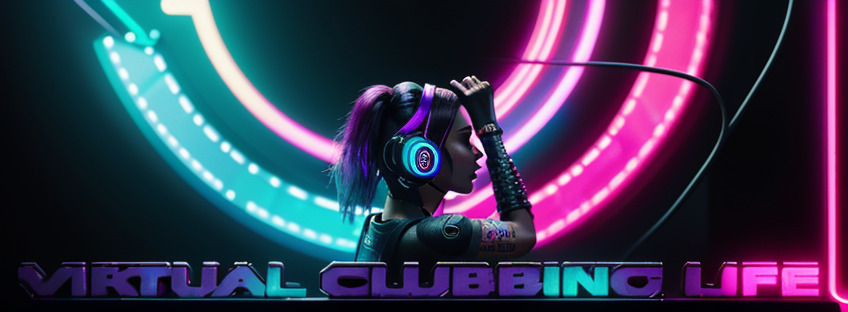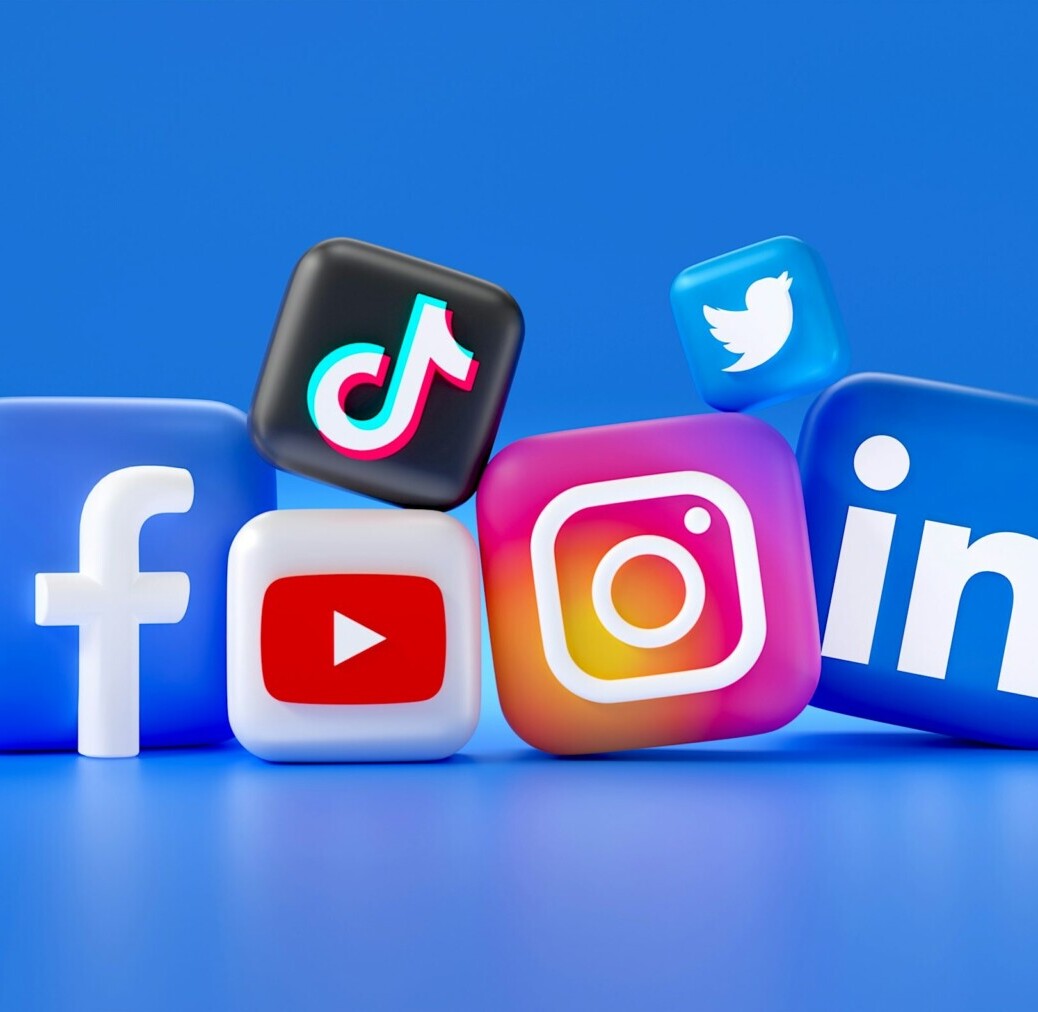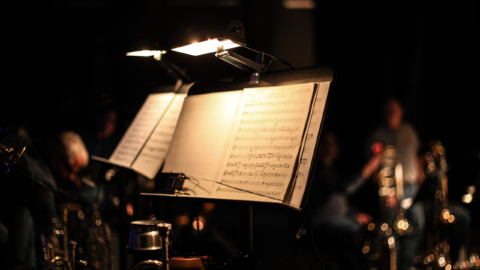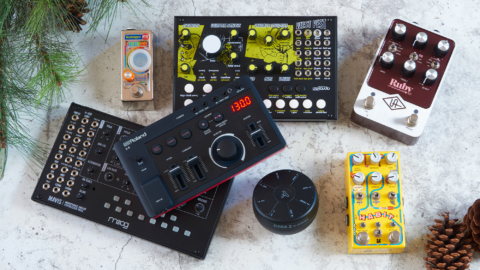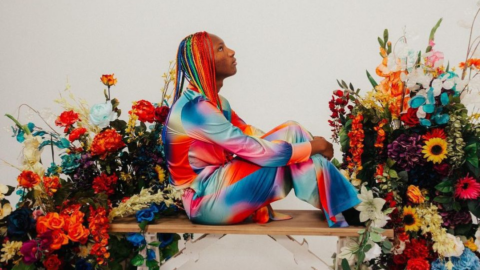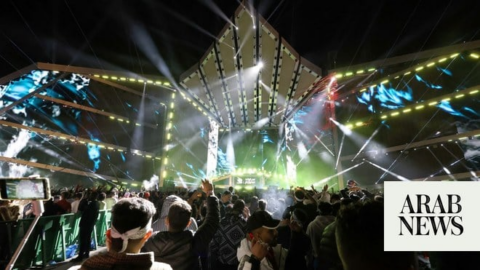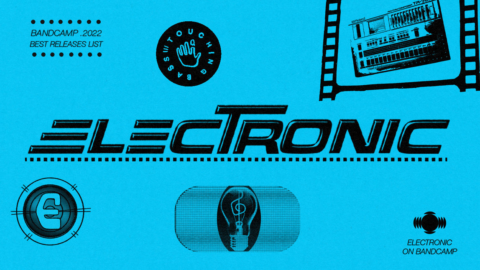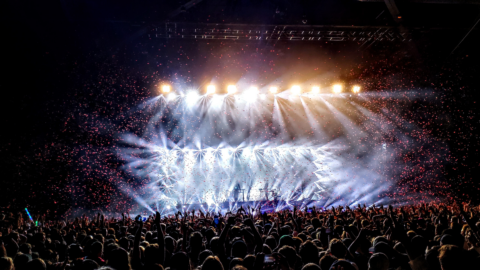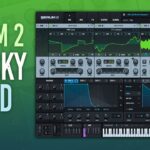In today’s digital age, social media has become an indispensable tool for artists, fans, and the electronic music industry as a whole. Platforms like Instagram, TikTok, Twitter, and YouTube have transformed how music is promoted, discovered, and experienced. This article delves into the multifaceted impact of social media on the electronic music scene, exploring how it has reshaped artist-fan interactions, marketing strategies, and the overall music landscape.
Revolutionizing Artist Promotion
Social media platforms have democratized the way artists promote their music, enabling them to reach global audiences without the need for traditional record labels. Emerging artists can share their tracks, mixes, and performances with just a few clicks, bypassing the gatekeepers of the music industry. This has led to a surge of independent artists gaining recognition and building dedicated fan bases.
Platforms like SoundCloud and Bandcamp allow musicians to upload their music directly, giving them control over their distribution and monetization. For example, many electronic artists, such as Porter Robinson and Rezz, utilized SoundCloud to share their early tracks and connect with fans, ultimately leading to successful careers in the industry.
Engaging with Fans
Social media has transformed the way artists engage with their fans. Platforms like Instagram and TikTok allow for real-time interaction, fostering a sense of community between artists and their audience. DJs and producers can share behind-the-scenes content, live streams, and personal stories that humanize them and create a deeper connection with fans.
TikTok, in particular, has become a powerful platform for music discovery, with viral challenges and trends often propelling tracks to popularity. For instance, Lil Nas X’s “Old Town Road” gained immense traction on TikTok before it topped the Billboard charts, showcasing how social media can launch songs into the mainstream.
Influencing Music Trends
Social media not only influences how music is promoted but also shapes the music itself. The rapid dissemination of trends and challenges encourages artists to create music that resonates with current cultural conversations. For electronic music, this means adapting sounds, visuals, and branding to align with the ever-changing tastes of the audience.
Additionally, platforms like Spotify and Apple Music leverage social media insights to curate playlists that reflect contemporary trends. As a result, electronic music artists are increasingly mindful of how their music is perceived online, often tailoring their releases to fit the latest social media aesthetics or viral sounds.
The Role of Live Streaming
The COVID-19 pandemic accelerated the adoption of live streaming in the electronic music scene, with artists turning to platforms like Twitch, YouTube, and Instagram Live to connect with fans during lockdowns. These virtual performances provided a new avenue for artists to showcase their work and engage with audiences, allowing fans to experience live music from the comfort of their homes.
Events like the “Couch Lands” festival and DJ sets streamed from home studios gained massive viewership, proving that virtual events could replicate the energy of live performances. This shift has led to a new era of hybrid events, where in-person festivals incorporate live streaming to reach a broader audience.
The Rise of Music Collaboration
Social media has also facilitated collaboration between artists across genres and geographical boundaries. Platforms encourage musicians to connect, share ideas, and collaborate on projects, leading to innovative sounds that blend different styles. For example, the collaboration between electronic music producers and hip-hop artists has become increasingly common, resulting in genre-blending tracks that appeal to a wider audience.
Furthermore, the use of social media challenges, such as the “Remix Challenge,” invites producers to create their own versions of popular tracks, fostering community engagement and encouraging creativity among artists.
Conclusion: A New Era in Electronic Music
The impact of social media on the electronic music scene is profound, influencing everything from promotion and fan engagement to music trends and live performances. As these platforms continue to evolve, they will undoubtedly play a crucial role in shaping the future of electronic music.
For artists, social media represents both an opportunity and a challenge. While it provides a direct line to fans and a platform for self-promotion, the pressure to maintain an online presence and stay relevant can be daunting. Nevertheless, the benefits of engaging with a global audience far outweigh the challenges.
As we look ahead, it’s clear that social media will remain a vital component of the electronic music landscape, driving innovation, collaboration, and connection in this ever-evolving genre.
Tags: social media
